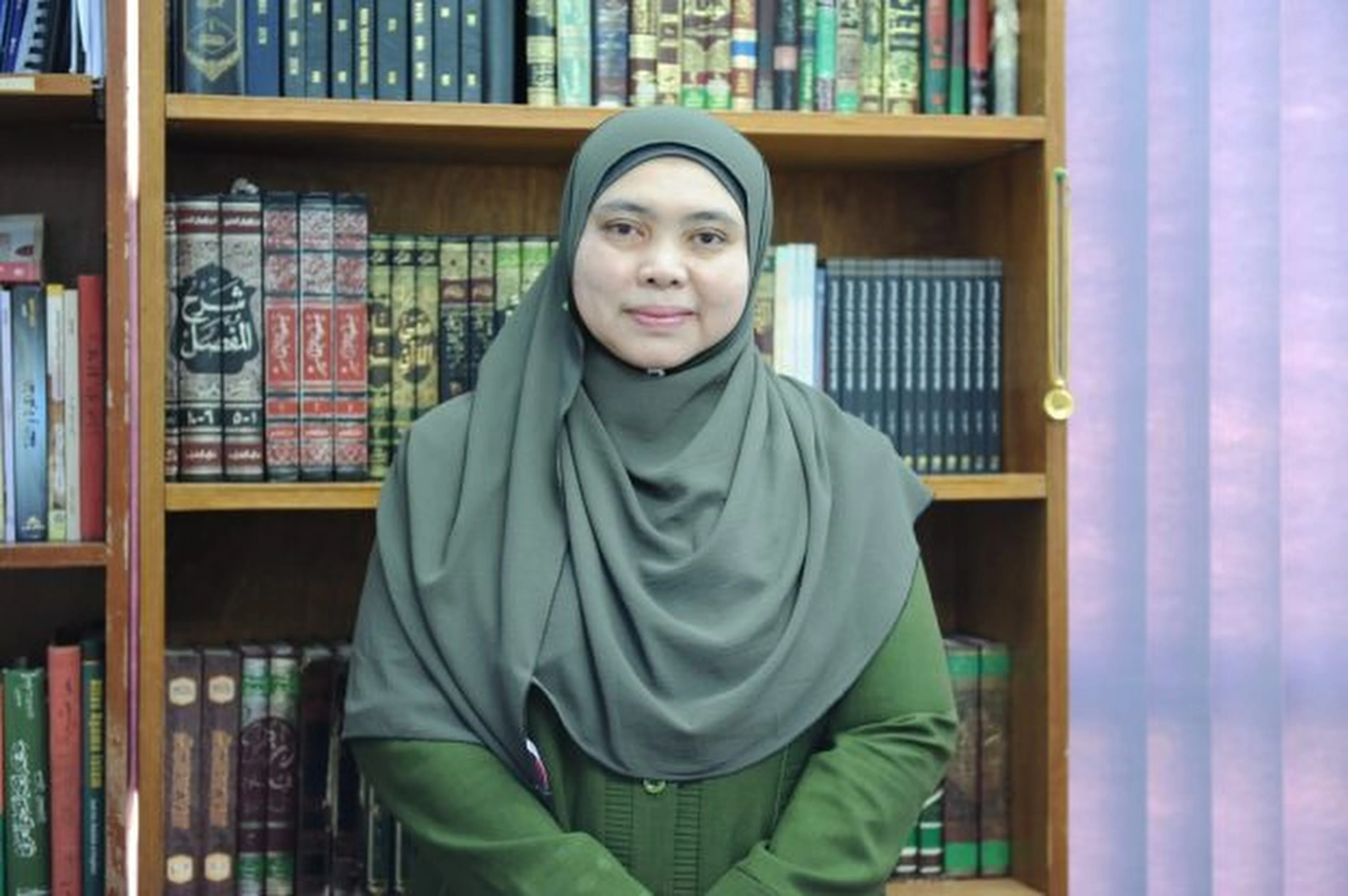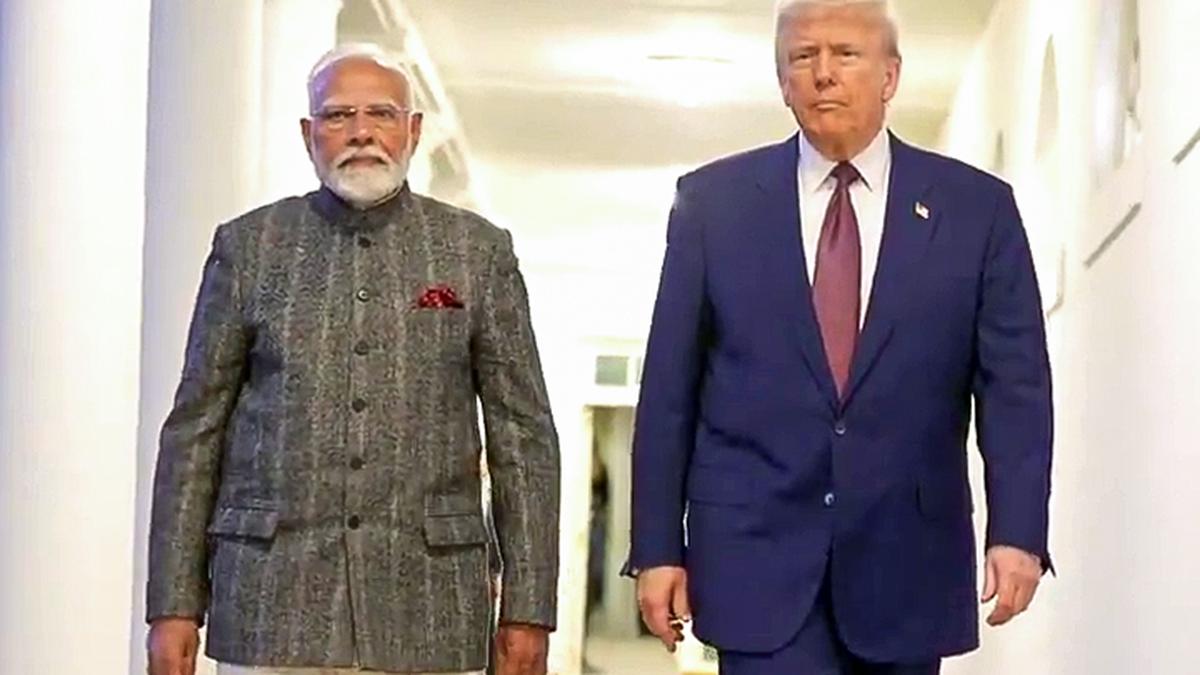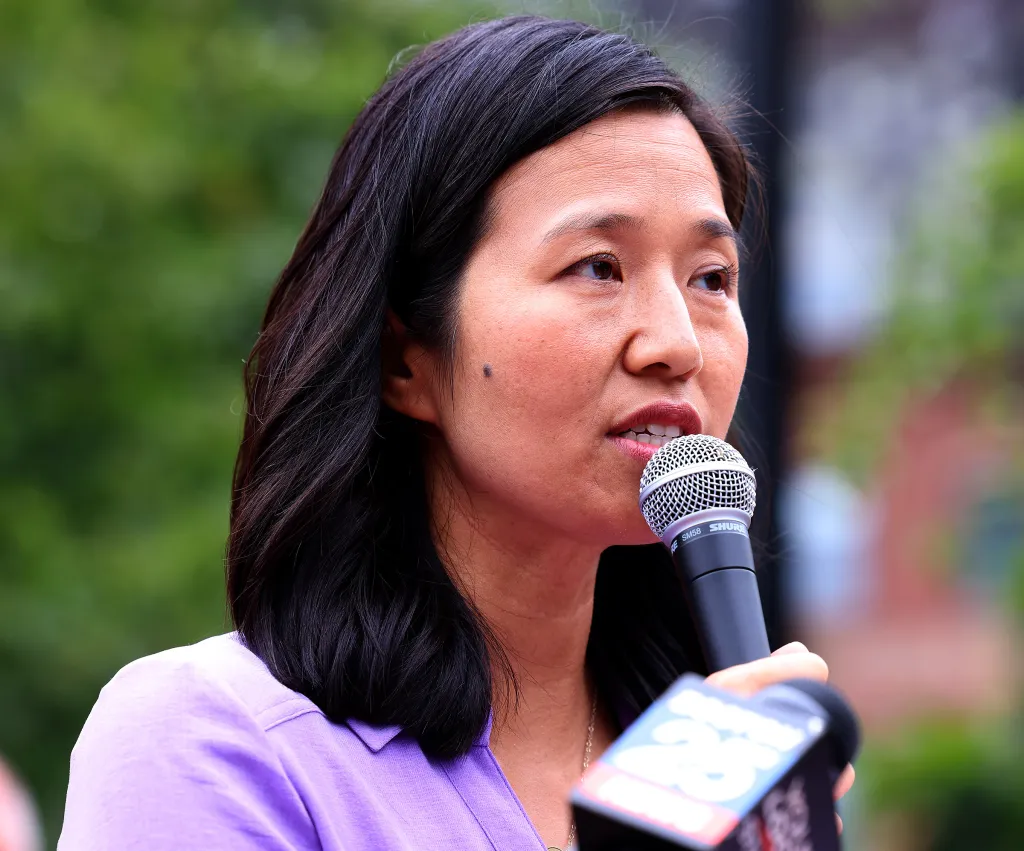Copyright scmp

An associate professor from the International Islamic University Malaysia (IIUM) has raised eyebrows – and heckles – after a video of her suggesting that the Romans learned their shipbuilding techniques from the Malays went viral. Solehah Yaacob’s controversial statements, dubbed “pseudo-history” by critics, have prompted her academic colleagues to urge the university to take firm action against those who tarnish its reputation. “The Academic Staff Association expresses deep concern over recent incidents involving academic members whose actions and public statements may appear to have breached the ethical, professional and academic integrity standards expected of members of our academic community,” the university dons said in a statement posted on social media on Tuesday. “Such conduct, especially when it undermines social responsibility or poses significant risks to the reputation and good name of the university, must not be overlooked. The credibility of our institution depends on the integrity, accountability and professionalism of its academic staff.” Though the statement did not mention any names, it is believed to refer to the Arabic language associate professor, who recently claimed that the Romans learned shipbuilding from the Malays. A social media video of Solehah’s presentation, titled “Rome Learned to Build Ships From Malays” has been viewed by thousands, according to local news outlet The Rakyat Post. In it, she referenced Friday’s discovery of a shipwreck believed to date back to the 13th century on Pulau Melaka, saying that Malay maritime expertise dated as far back as the first century and had influenced ancient civilisations, including Rome. Social media users were quick to mock her comments, calling her “Professor Kangkung”, a term coined by the late Malaysian sociologist Syed Hussein Alatas to describe academics who are “devoid of knowledge to the core”, like the vegetable. “Soon she would claim that Malays are the first [to] land on the moon,” one said, while another added: “Is this what our universities are teaching? We have a big problem here.” Fellow academics were the most stinging. “She can become a good fiction writer for movies,” human rights activist and lawyer Siti Kasim wrote in a comment. Digital content creator SEA Heritage & History debunked Solehah’s argument in a four-point post that noted how she did not provide any documents or historical records to prove her “myths” or “unverified hypotheses”. “I can tell you from mainstream history – including mainstream historians from this region – her entire lecture is at best pseudo-history,” James Chin, a professor of Asian Studies at the University of Tasmania, wrote on social media on Sunday. He added that Solehah’s continued tenure as a professor reflected poorly on the university’s academic standards. “Real historians would simply label her as nuts! But she is a full professor at [IIUM] and she has been saying this sort of things for the past decade.” On September 24, Solehah claimed that ancient Malays had supernatural powers, including being able to fly. In a Gabungan Nasionalis podcast, she said the Malays passed on their flying fighting skills to the Chinese, who incorporated them in their art of kung fu. She was called out by Sahul Hamid Mohamed Maiddin, a human science lecturer at the Sultan Idris Education University. “As a nation, we risk being humiliated by the academic community when such claims are debunked – as happened when a [Universiti Putra Malaysia] paper on the jong was criticised by French historian Serge Jardin,” he said, as quoted by media outlet Scoop on October 1. “For the younger generation, we risk producing individuals who are vulnerable and gullible, those who believe anything without evidence. This is the long-term damage we are witnessing today, especially on social media.” Md Salleh Yaapar, chairman of the board of governors for Dewan Bahasa dan Pustaka, the government body responsible for coordinating the use of the Malay language and literature, told Scoop: “It is not right for Solehah to misinterpret something factual and mislead the public. I understand she champions the greatness of the Malays, but she must do so properly – without exaggeration, without taking things out of context, and without distorting facts.” In response to Solehah’s latest comments, Higher Education Minister Zambry Abdul Kadir said university lecturers should stick to their area of specialisation and not give views on matters outside their scope of expertise. “We do not stop lecturers from expressing views related to their respective fields. However, it is not ideal when they comment on issues outside their field,” he said on Wednesday, as quoted by Bernama. “This is something that has often been raised, and as I have repeatedly emphasised, they should focus on their own areas of specialisation.”



